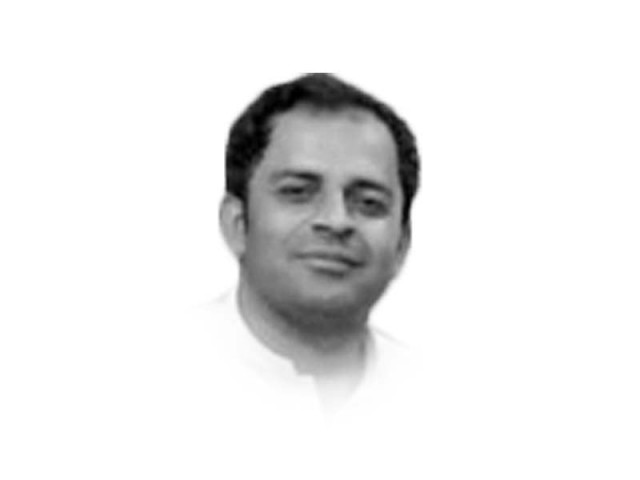Reserved seats: SC verdict and aftermath

The recent historic verdict pronounced by the Supreme Court’s full bench on reserved seats has earned widespread applause from all quarters, except the government. The verdict bodes well for the principles of judicial independence, civilian supremacy, and the rule of law. In fact, it has radically altered the political landscape by rightfully dealing a major blow to the system that has been imposed and evolved over the past three quarters of a century.
This blow stems primarily from the verdict’s legal, political, constitutional and international implications. Legally, the verdict has reinforced the Constitution’s fundamental tenets, which have lately seen erosion in the country, particularly within the judiciary. Also, the verdict has restored, to some extent, the otherwise extinct public trust in the judiciary. However, the appointment of ad hoc judges would undo the judiciary’s hard-earned gains and add to the prevailing political polarisation.
The verdict has significantly affected the political landscape by giving PTI breathing space and a fair ground to stand on. It has added to the party’s legitimacy and global standing. Also, it has put a lid, for the time being though, on the parliament-driven illegitimate efforts to grant extensions in a bid to perpetuate the parasitic status quo. More importantly, the verdict has questioned the government and ECP’s moral, legal, constitutional and political authority behind denying PTI its rightful place. In short, the verdict has laid bare the rhetoric of legality and constitutionality and questioned the sustainability of the system in place in the country for decades now.
What is it that makes one believe in the inevitability of the system’s collapse? The thinning of popular public support, the questionable legitimacy of the current political setup and its unprecedented desperation, international condemnation of the rigged elections and human rights violations, Faizabad 2.0, Biden’s eclipsing sun in the White House, economic volatility and woes, and PTI’s ever-growing public support base threaten the status quo. The government’s rants about banning PTI and charging Imran Khan, among others, amount to a tacit concession that PTI cannot be defeated publicly, politically, or constitutionally, solidifying the latter’s unstoppable momentum and its entrenched position in the country’s political fabric and public discourse.
Where do the fault lines of the collapsing system lie? The roots of the collapse lie within the very nature and composition of the system. The triad —PML-N, PPP and the real power wielders — who have traditionally facilitated each other’s power are now precipitating each other’s downfall. This prolonged partnership in power sharing — marked by a blatant disregard for democratic principles, the Constitution and public wellbeing — has been culminating in a collective downfall. For instance, PMLN’s vote ko Izat do and PPP’s roti, kapra aur makan have ended in sheer contempt and worthlessness of the vote and utter destitution of the public, respectively.
The neutrality claims of the unrepresentative helmsmen have only led to deeper entrenchment, undermining civilian supremacy and democracy. Today, their narrative lies in tatters, their credibility in a shambles. The judiciary has also played a significant role in legitimising the otherwise questionable power sharing and nature of the nexus across history. The judiciary’s stamp of approval has historically legitimised the questionable power sharing and nexus. Despite this, the quad has failed to learn a lesson.
Today, the government’s growing desperation post-verdict is unprecedented. The mantra of banning PTI suggests a last-ditch, desperate bid by the government and its backers. After being defeated in legal, political and constitutional battles, their desperation has been making them attempt something that will haunt them forever. Any attempts to subvert the Constitution aimed at checking PTI would jeopardise the already fragile foundations of democracy and invite potential backlash. Therefore, restoring PTI’s mandate or holding free and fair elections in the months to come holds the key to the country’s stability.















COMMENTS
Comments are moderated and generally will be posted if they are on-topic and not abusive.
For more information, please see our Comments FAQ